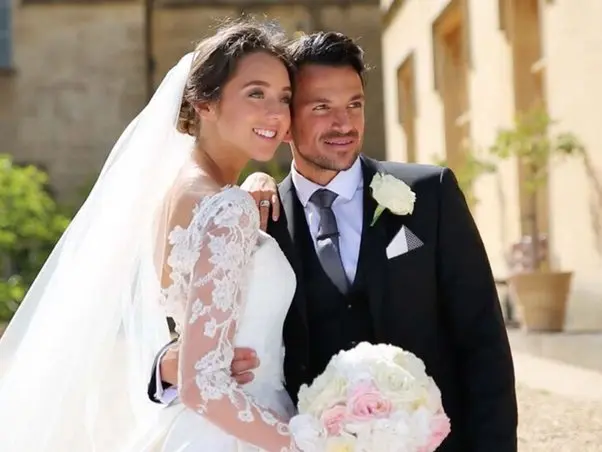Emily Compagno was halfway through her morning coffee when she first saw the headline.
“British siblings, 13 and 11, drown on Spanish holiday after begging for ‘one last swim.’”

The words didn’t hit her all at once. They drifted in slowly, like tidewater creeping toward the shore—quiet, inevitable, devastating. She stopped mid-sip, eyes fixed on the photo: a brother and sister, smiling under a beach umbrella, cheeks flushed with sunshine and saltwater. Just hours before the sea took them.
Something about the image caught in her chest. Maybe it was the girl’s eyes—they reminded her of her own niece. Or the way the little boy held onto his float, like he believed nothing could ever go wrong when the sun was shining.
But there was something else. Something strange. Something she hadn’t told anyone.
The night before, Emily had a dream. A dream of waves. A girl reaching out, laughing. A boy chasing after her, slipping beneath the surface.
She had chalked it up to stress. She’d been covering heavy stories all week. But now?
Now it felt like something more.
“We’re Just Going In One More Time.”
Emily had spent years reporting on tragedy. Fires. Shootings. Broken families. But this one stuck to her ribs differently.
Maya and Ricardo Jr., siblings from Birmingham, had begged their dad for one last swim before dinner. It was early evening in Salou, a dreamy beach town on Spain’s Costa Dorada. Lifeguards were off duty. A yellow flag flapped listlessly in the breeze—a warning, but not a ban.
They ran into the water with joy, not fear. Their father followed. Moments later, screams.
The rip current had no mercy. It never does.
Locals called emergency services. The beach filled with panic. Their father was pulled ashore, unconscious but alive.
The children were not.
Emily Compagno, Off-Camera

That night, Emily didn’t go on-air. She sat in her study, the news articles spread out in front of her. Somewhere in between the quotes and timelines, she scribbled something on a yellow notepad: “How do you grieve a life you didn’t know—but feel in your bones?”
She called her sister. “I just want to hear the kids’ voices,” she said.
And later, in an act that surprised even her husband, Emily did something she’d never done before after reading a news report.
She wrote two letters.
One to Maya.
One to Ricardo Jr.
The Letters She Never Intended to Share
In the letters, Emily told Maya that her spirit reminded her of her childhood—strong-willed, curious, protective of her siblings. She told Ricardo Jr. that she imagined him someday becoming a pilot, or a poet, or the kind of man who still believed in magic.
Then she folded them gently, tucked them inside two seashells she had brought home from her own beach trip last year.
And buried them in the garden at dawn.
Why She Did It
It wasn’t a grand gesture. No camera. No statement. Just grief. Quiet, private, inexplicable grief for children she never met but somehow felt connected to.
Later, when her niece visited and asked what the little shells were doing under the lavender bush, Emily just smiled.
“They’re two little guardians,” she whispered. “Watching over all the kids who play in the waves.”
The Twist: What the Family Didn’t Know
A week later, a colleague at Fox told Emily something unexpected: the children’s grandmother—still in shock—had shared that Maya had dreamed of becoming a TV host one day.
“She said Maya used to pretend she was on Fox News,” the grandmother told a local reporter. “She’d sit with a spoon as a microphone and say, ‘Back to you, Emily.’”
Emily broke down for the first time.
It wasn’t just grief anymore.
It was a connection. A loop, quietly closed.
A Message to Maya and Ricardo, and Every Child Lost Too Soon
If they’re listening—somewhere—Emily hopes they know:
The world cried for them.
A woman who never met them saw them in her dreams.
And for a moment, they were not just headlines.
They were heard.
They were loved.
They were remembered.





